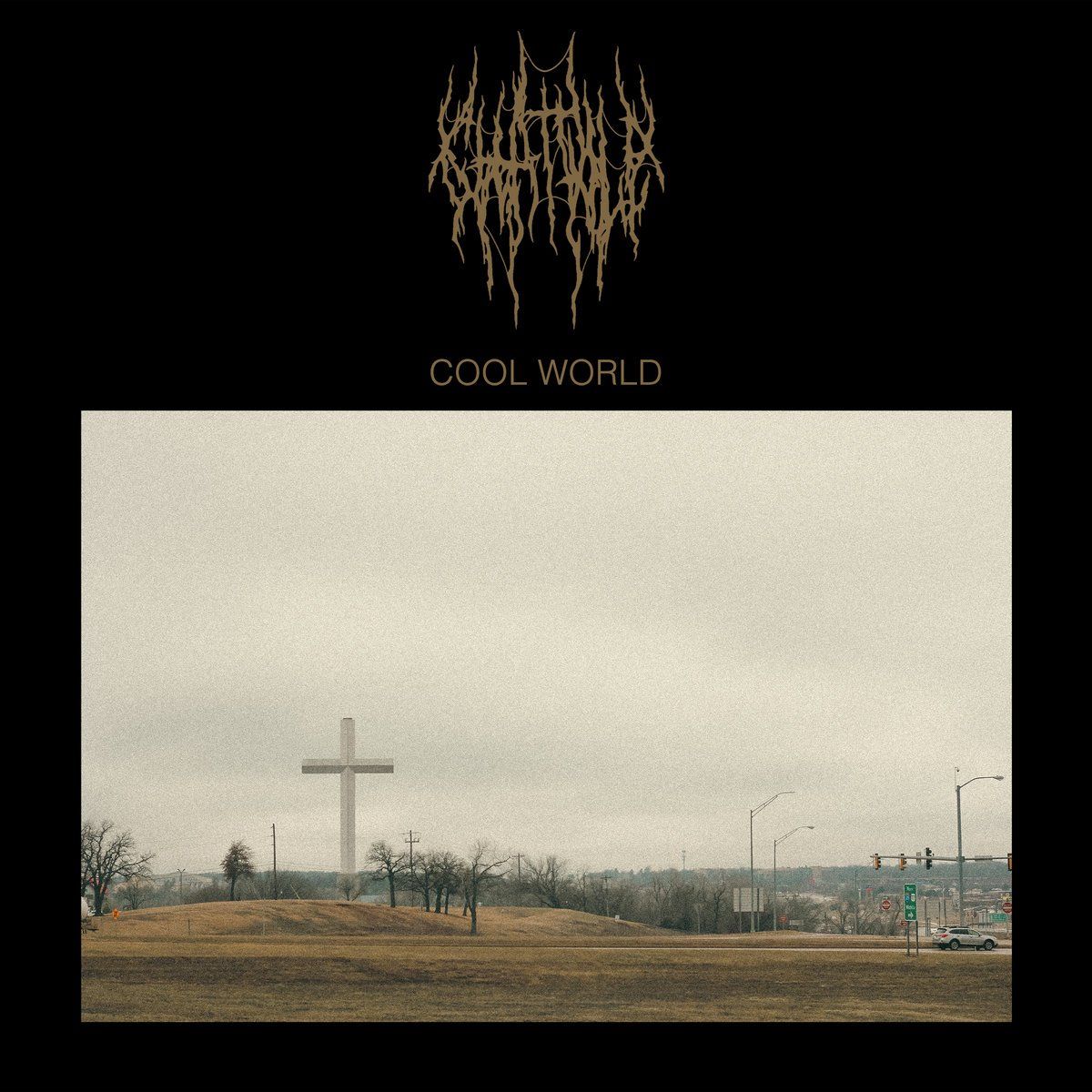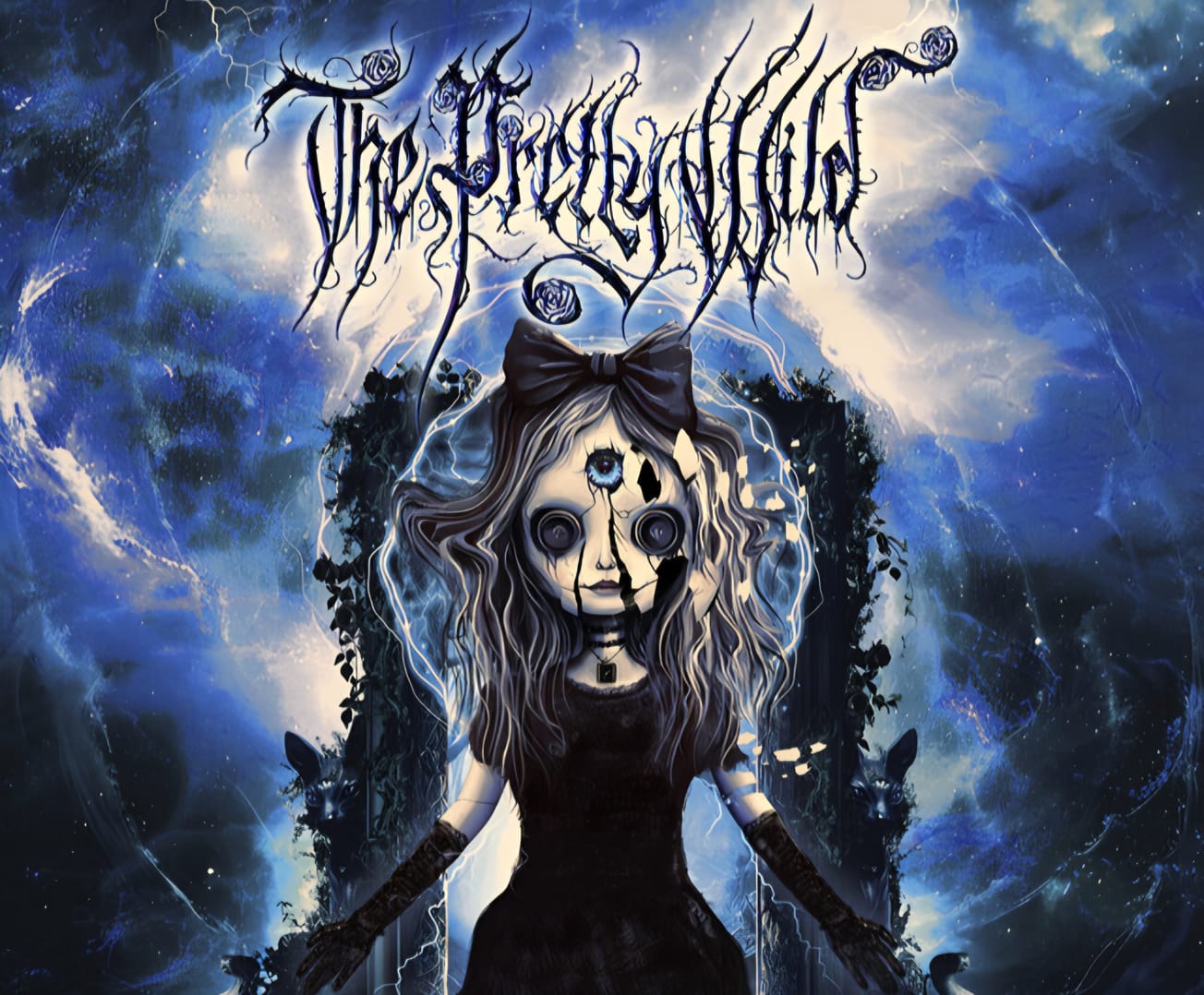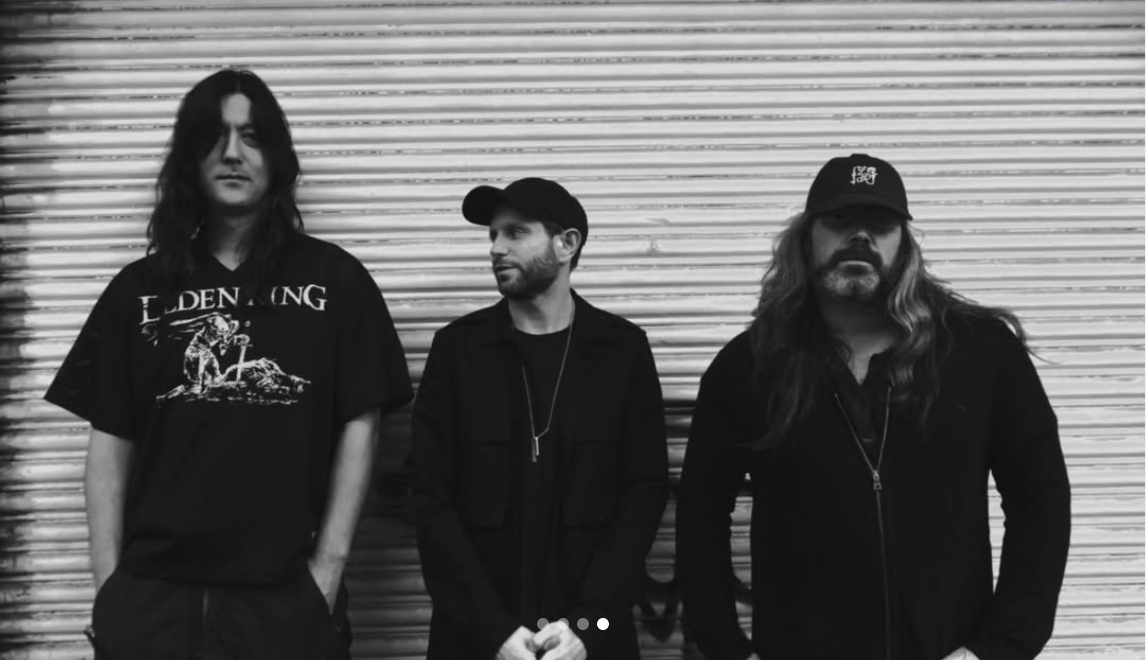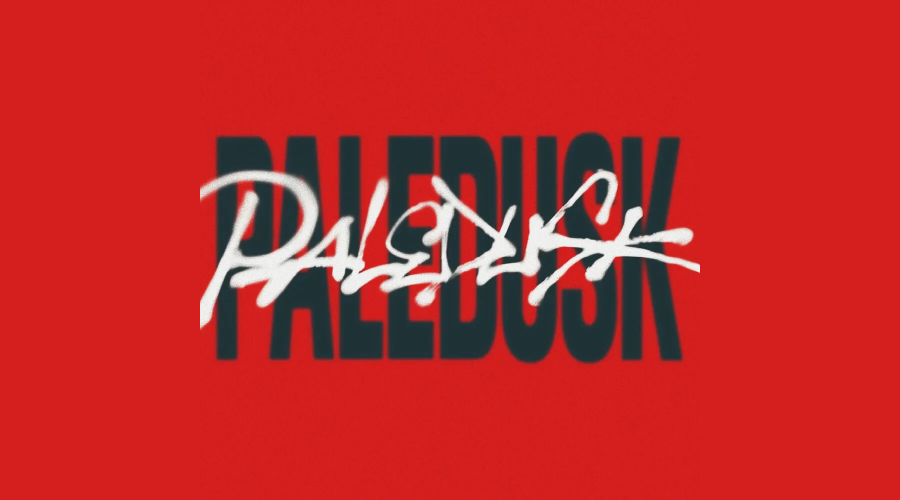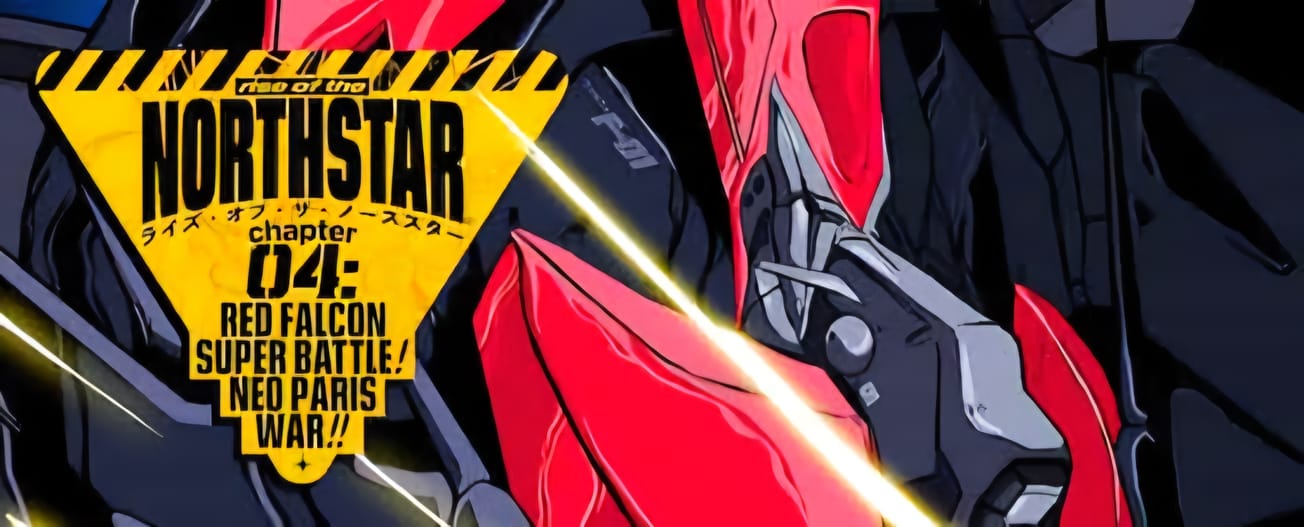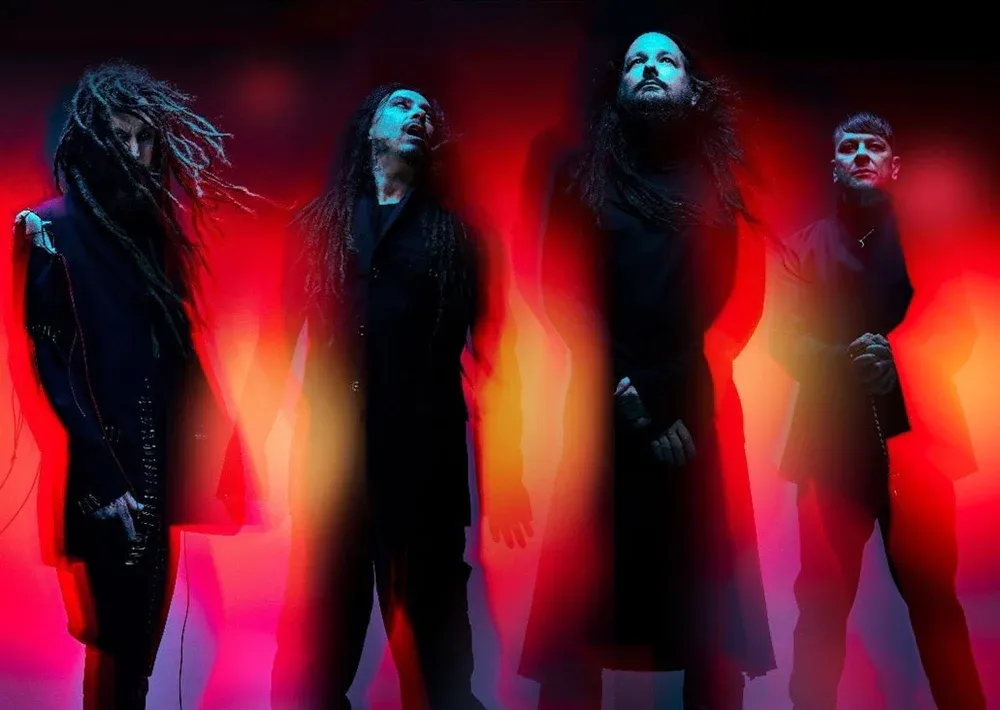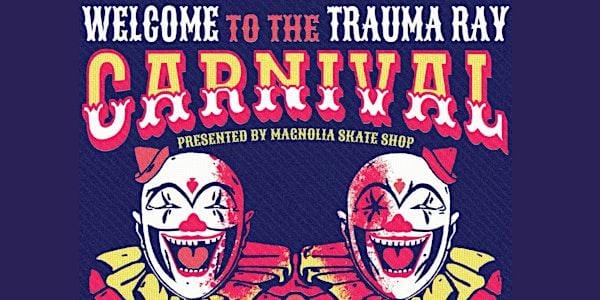Because the Nu Metal Agenda is a safe space, I’m going to be vulnerable for a minute. Here’s a confession: I kind of had a hard time growing up.
I don’t mean I had a hard childhood; I didn’t. I grew up white and the gender I got assigned at birth worked fine for me and my nation provided free healthcare and even subsidies for the housing I lived in. I went to school with a lunch every day. No one bombed our shit and blamed it on us.
No, I’m talking about my transition to adulthood. That was hard. And it was hard for a reason I still don’t fully know how to talk about, but I’m going to try it here because this context seems to make sense of it, a little. See, from the time I was maybe 14 or so I became aware that there were, to be simple about it, some real fucking problems with the culture I’d been born into. Not just my local culture, or the national culture, but the broader, all-enveloping pseudo-cultural industrial matrix that squatted like a Lovecraftian tick astride the planet, slurping life indiscriminately from the bottom and extruding dividends to the very tip-top. As a teen I could at least call bullshit, but the handful of years immediately following graduation, when it really started to land that there was no way to actually exist functionally as an adult without participating in it all in some form, and that there was no way of doing that without on some level–usually multiple levels–feeding the tick, that a black feeling settled in which never really went away. Again, because of how I was born, I admit it’s mostly… ambient. A sort of low-grade sizzle cooking away back in the folds of my brain. I made the choices I could to keep the rate I shoveled energy into the tick’s maw low, or low-ish, I guess for my own peace of mind as much as on principle, but it’s always there, like some kind of spiritual tinnitus. I work, I buy shit, I drive a car, I vote for parties that are really just going to move the furniture around while ostensibly keeping the doors locked on the fascists–I fuckin compartmentalize. But ultimately, I’m a participant. I’m with the tick. There’s no getting rid of the ringing in my ears without getting rid of me.
Chat Pile’s early work– the EPs This Dungeon Earth and Please Remove Your Skin and their debut LP God’s Country–immediately touched a nerve in underground metal scenes–and eventually tastemaking spaces like Pitchfork and Stereogum–for a reason. The bludgeoning simplicity of the music, all collapsing blows and abandoned spaces, combined with vocalist Raygun Busch’s shockingly raw, Barney-Gumble’s-Notes-From-Underground performance, seemed to well up from the shadowy in-between zones of America into a popular music space that, despite having no lack of horrors to reflect upon, has appeared to have no language to directly address the collective rot, or no stomach for it. Somehow the primitive nature of these songs lent them extra credence; the band’s near-total deconstruction of the rock form down to a tripod of sticks and a factual howl cut through as a unique type of integrity where more obvious attempts at artfulness get frisked down for co-requisite levels of taste or cool, to the point where a song like “Why?” from God’s Country feels a little like a streaker at the Assholes v. Assholes Superbowl that you can’t help but stand up and salute. And yet at the same time there was no denying the seemingly incongruent presence of a sneaky charisma. There’s something about being talked to like an adult, maybe, your distress taken seriously for once, not to mention in our native tongue of broadcast horrors (both the Halloween and the evening news types) which feels like the same exhilarating might-get-murdered type of too-real fun as peeling out of a bush party with bottles being thrown at your car–just listen to “grimace_smoking_weed.jpeg” and tell me we don’t have Jackass at home, and more of it every day!
Or maybe it’s that their deliberate primitivism has always scanned, at least to me, as a body-level expression of that inner enraged refusal to participate, which I deeply believe is as latent and festering in millions as it is in me, and it’s just fucking refreshing to see. Whatever it is, given this unique alchemy, is it fair to wonder what would happen if Chat Pile, say, fucked with it and made something kinda catchy? Does it still count as refusing if you make it so people can sing along?
Cool World is everything Chat Pile has been, bolted onto a 90s alt-rock frame and sent running across the smoking plains of Earth. They still sound like a band in a nightmare you had, but now you wake up remembering an actual riff, and you could even take a stab at in on the Yamaha leaning against your dresser. Raygun still sounds like a dude in the background of some citizen-journalist riot footage, but he actually kinda sings on most of these, too, and the combined effect feels a little like a band very deliberately deciding that leveling up might just be for the greater good. To this end, “Shame” grooves along on a riff that’s almost the Smashing Pumpkins’ “1979” if it were what the Taxi Driver was playing in his car all night, while “Frownland” quotes “Scentless Apprentice”, linking that uncompromisingly raw-nerved final chapter back to its even rawer beginnings on Bleach, a sonic touchstone here both in the blue-collar punk dinge of the general vibe and in Busch’s increasing tendency to ride a raw, adenoidal mumble across the record’s verses. On “Milk of Human Kindness”, you can hear a nod to Marcy Playground’s introverted teen anti-anthem “Cloak of Elvenkind” in the bassline and a more general address to the pained irony of that band’s use of childhood imagery, a generational preoccupation with the damage done by the sins of the fathers (lower-case and Capitol) shared across each of these bands that Chat Pile are very deliberately tapping into here. It’s easy to forget all these decades later that those 90s bands were political as hell–a quality that rock music left behind in large part when it decided that the concept of selling out was a mark of pretension rather than an urgent warning about the commercial blitzkrieg already at speed in that decade. Chat Pile are the kind of band for whom that concept still has some meaning.
“Cool World is about the price at which we eat sugar in America” Raygun Busch has explained, paraphrasing Voltaire’s famously dimensional use of the term “price”. Not to overstep, but I feel Cool World could be further described as being about the price at which America dreams. There might not be another band in America more alert to the cost of a culture this elephantine romanticizing nothing so much as its commitment to dreaming its own existence. The American Dream looms over every character who has the misfortune to find themselves populating a Chat Pile song, like a blissfully uncomprehending alien mind warping their lives into waking nightmares it’s incapable of recognizing as causally downstream. On God’s Country, those nightmares were personal–the horror of spinning on one’s own tortured axis and imploding, sometimes taking someone with you; on Cool World, the nightmare is global; these characters are seeing what’s happened not while they slept, but because. On “The New World”--less an elegy to the victims of lands seized in the name of Manifest Destiny than a horrified vomit-response to the atrocity of it, Busch mumbles “Must’ve been a dream I was having/Must’ve been all inside my head” before diagramming the destructive process out: “To lose hope/to lose God/To find hate/To find law”. “By the time you were born it was over/dreams shattered on the ground” he raves on album closer “No Way Out”. “Back then I was a believer/A dreamer/I got nothing now”.
Awakening is an ugly business, especially if dreams are all you’re given in a nation predicated from its beginning on resource seizure by divine right. That Chat Pile started not as four guys jamming in an Oklahoma garage but as four guys getting together to watch slasher movies has proven itself in the chains-and-cellars ambience of the songs and Busch’s penchant for building narratives from earnest studies of slasher villains (first God’s Country’s “Pamela”, and now “Funny Man”), but it also makes sense of how they come to their culture’s mytho-politics with a true aficionado's eye. If horror movies are the nightmare-art of society’s returning repressed, then slashers are the particularly American essay in the form, rising up in the wake of Vietnam as the culture woke up to the patriotic lies sold to gas up the tanks of global capitalist supremacy. Masks, like dreams and nightmares, run through these songs as well, another slasher motif that has its reasons. “Pull the mask down and disappear” Busch bellows on the broken “Frownland”, while on “Funny Man”, the betrayed American son knows them to be plural, naming “Different masks/Different pain”. That the presented self must be frozen into a violent, literally unmovable rictus in order to participate as the culture demands, and that the performance of that duty in turn does an equivalent violence to the soul beneath the mask, is the horror that Cool World points out. “Outside there’s no mercy/And not everyone can hide”, “Funny Man” continues, conscious of the fact that it’s the men who get to hide behind the masks and swing the machete, only to bleed just as much in the end. “I gave them my flesh to write the final chapter/But the blood from my sons is just a new beginning”, Busch concludes, connecting the dots between Friday the 13th’s endless installments of death and the boys every government, red or blue, send to kill and die as tribute to the Dream. “Trust and Bleed,” goes the refrain of “Masc”, in case that all wasn’t clear. Oh, and “Masc” fuckin rocks. You can sing along to that shit.
Chat Pile’s power as a band has risen to the demands of Cool World’s global scale. Most of the songs are still built around Stin’s rattling, Fieldy-saluting bass work, and the bass’s dominant presence in the mix feels as much a signature of this band as anything Ray is doing. Luther Manhole’s expressive, textured guitar work is the most notable gear-shift here; like with Korn, he’s always been inclined to find little ominous figures to creep just beneath the vocals (“Frownland”), but here he’s also finding ways to chain notes into sheets of sound winding through songs (“Shame”), or to just plain riff (“Tape”). It’s an incredibly diverse performance that manages to still maintain the primitive feel that keeps Chat Pile sounding like something you shouldn’t let in the house. Cap’n Ron’s drums sound fucking great in the mix; I assume the electric kit is back, but the cymbals are mixed perfectly and hiss through the space just below Raygun’s mouth like flying snakes–it’s worth noting that this is the first time Chat Pile have outsourced the mixing process, which was handled by Ben Greenberg of Uniform (Algiers, Metz), a decision that’s resulted in a roomier and more layered sound. Raygun Busch remains an instantly iconic presence; he’s one of those rare frontmen who knows that acting is as important as anything you could call singing, and he stage-manages a Kendrick-like multiplicity of characters and voices often within a single song. On “Tape”, maybe the record’s most suggestively harrowing track, he moves from Cobain-like mumbles to a strident chant that reminds of Kim Gordon’s work with Sonic Youth, then pulls out his Barney bellow. On “Shame”, he throws in some death growls I didn’t know were in the toolkit, then drops into a gentle croon on “Milk of Human Kindness”.
With Cool World, Chat Pile are done refusing the call. No longer a bunch of cavemen with a fistful of sticks and some fucked-up prophecies, they’ve returned as an honest-to-goodness band with honest-to-goodness songs, and whether that’s a step toward participation or not, the more tuneful racket they’re making here hits that tinnitus like a harmony, and that feels like more than I could’ve asked for.


